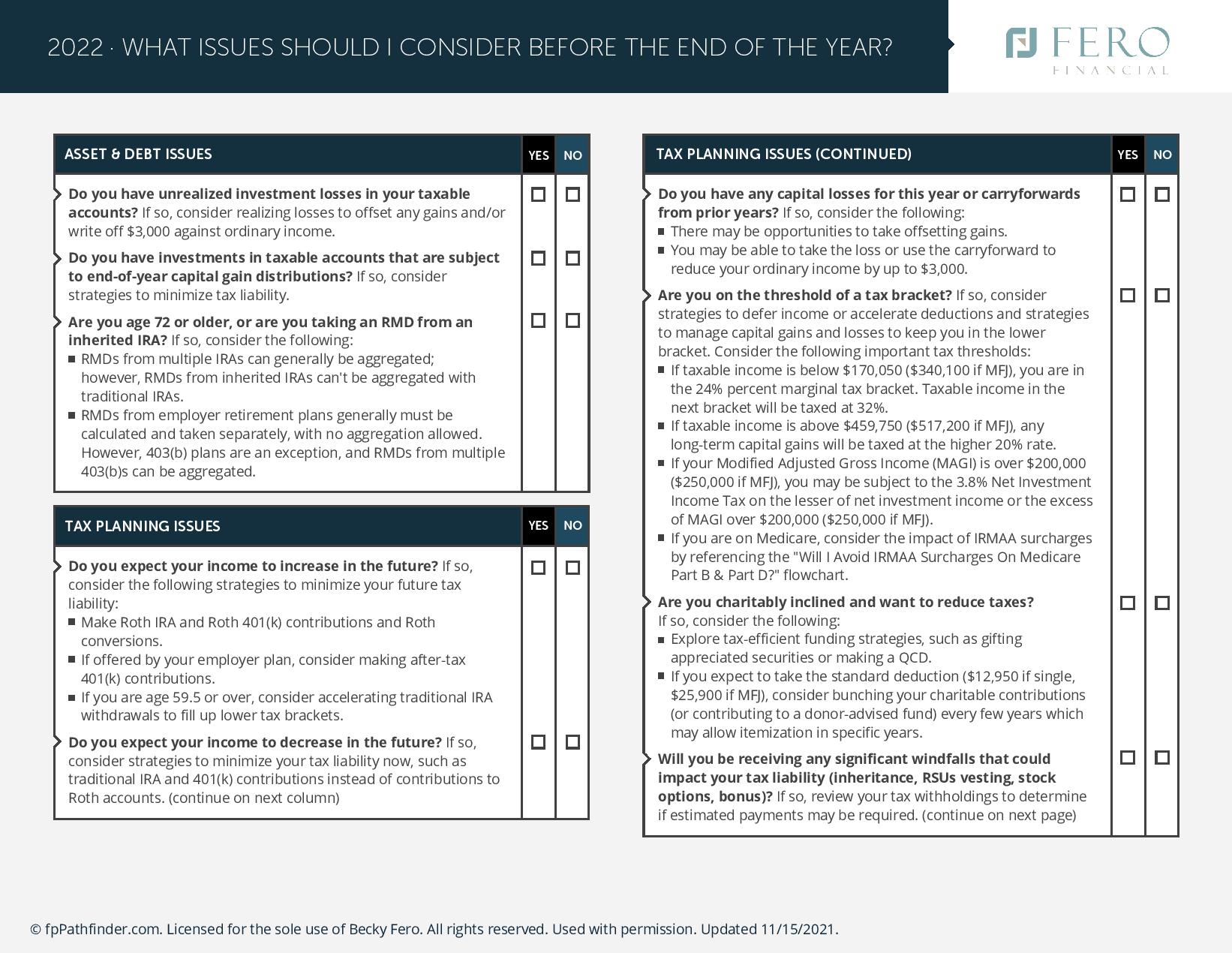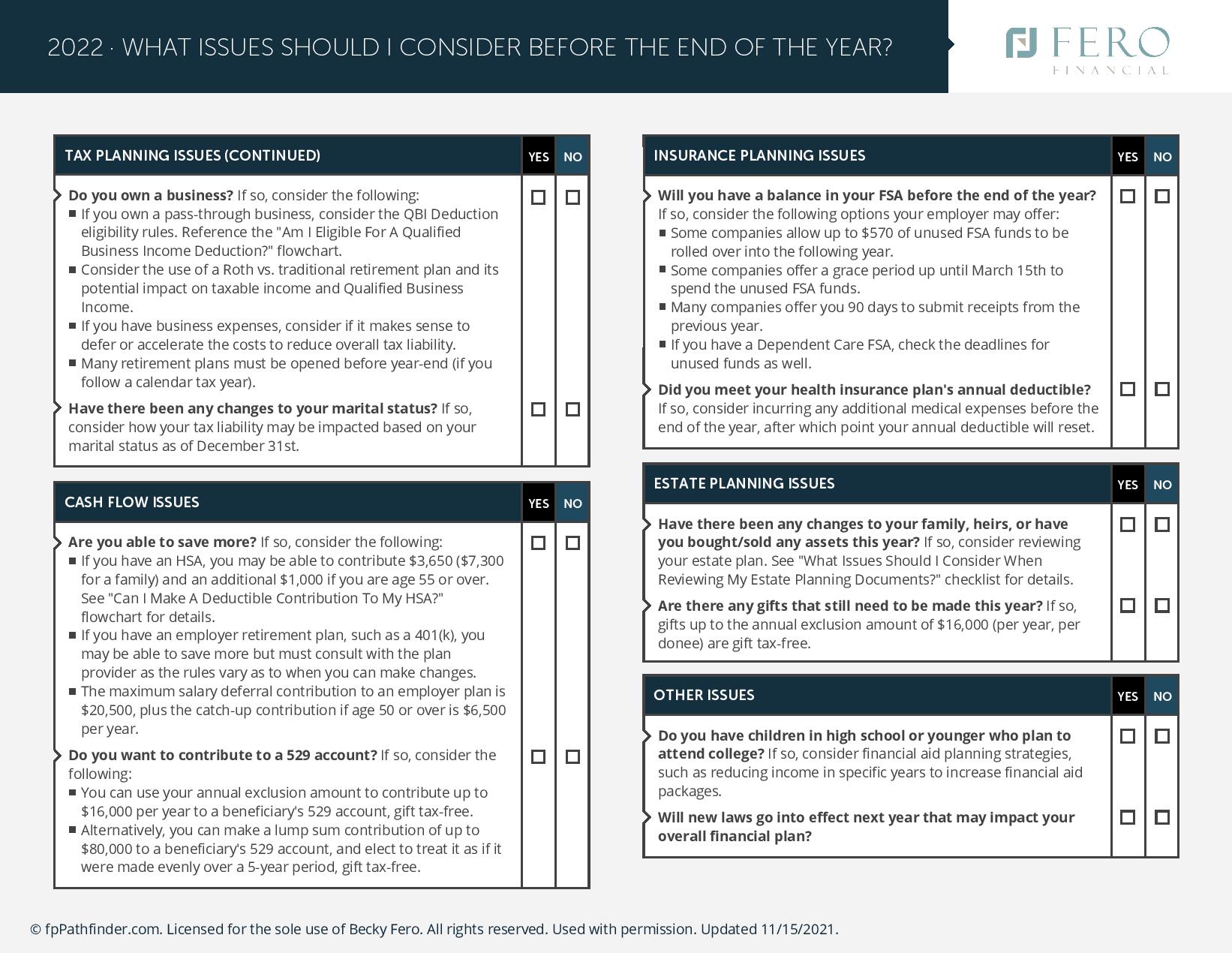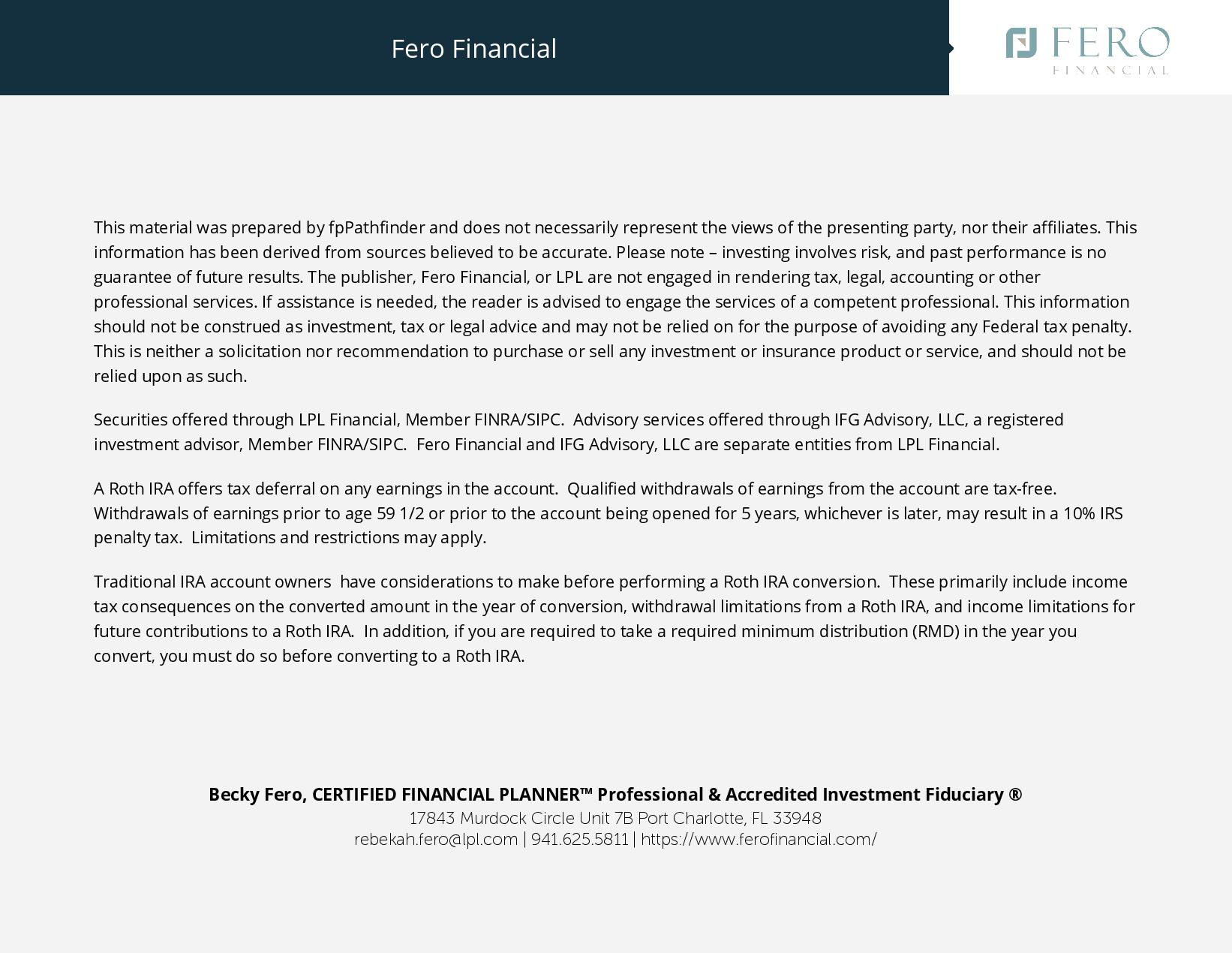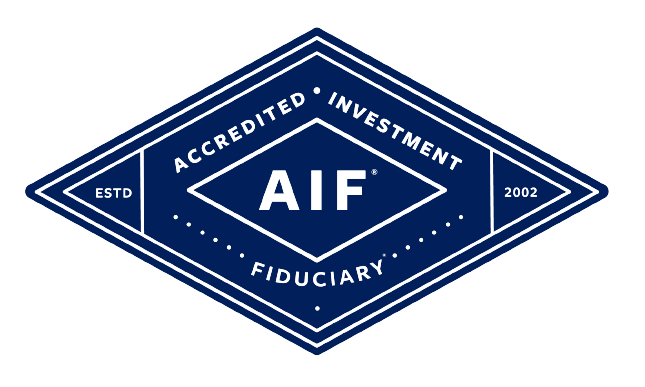


This material was prepared by fpPathfinder and does not necessarily represent the views of the presenting party, nor their affiliates. This information has been derived from sources believed to be accurate. Please note – investing involves risk, and past performance is no guarantee of future results. The publisher, Fero Financial, or LPL are not engaged in rendering tax, legal, accounting or other professional services. If assistance is needed, the reader is advised to engage the services of a competent professional. This information should not be construed as investment, tax or legal advice and may not be relied on for the purpose of avoiding any Federal tax penalty.
This is neither a solicitation nor recommendation to purchase or sell any investment or insurance product or service, and should not be relied upon as such.
Securities offered through LPL Financial, Member FINRA/SIPC. Advisory services offered through IFG Advisory, LLC, a registered investment advisor, Member FINRA/SIPC. Fero Financial and IFG Advisory, LLC are separate entities from LPL Financial.
A Roth IRA offers tax deferral on any earnings in the account. Qualified withdrawals of earnings from the account are tax-free.
Withdrawals of earnings prior to age 59 1/2 or prior to the account being opened for 5 years, whichever is later, may result in a 10% IRS penalty tax. Limitations and restrictions may apply.
Traditional IRA account owners have considerations to make before performing a Roth IRA conversion. These primarily include income tax consequences on the converted amount in the year of conversion, withdrawal limitations from a Roth IRA, and income limitations for future contributions to a Roth IRA. In addition, if you are required to take a required minimum distribution (RMD) in the year you convert, you must do so before converting to a Roth IRA.


